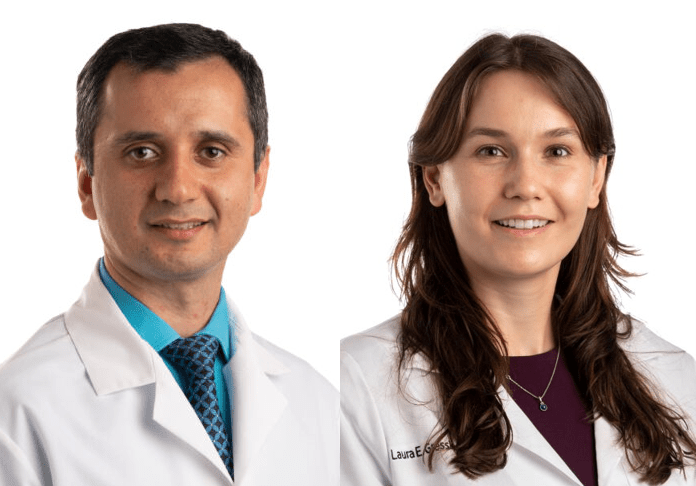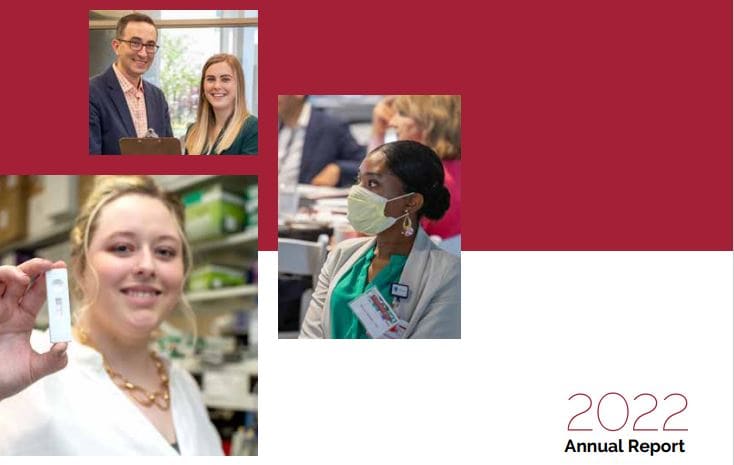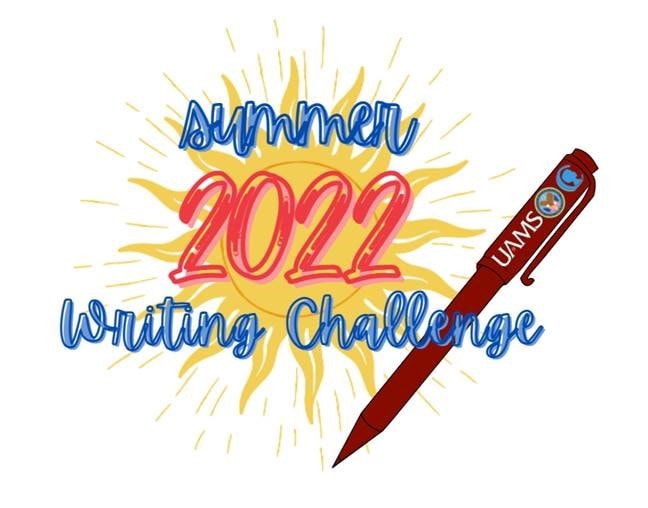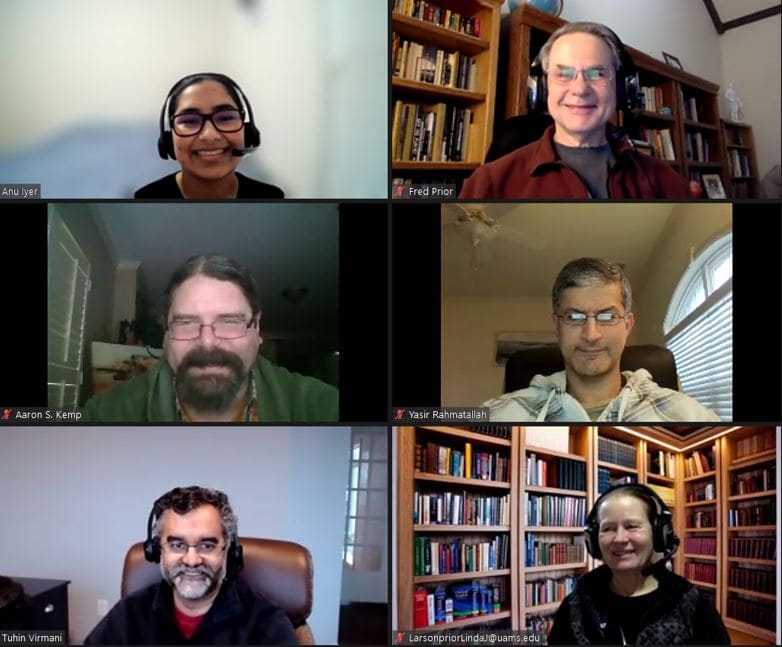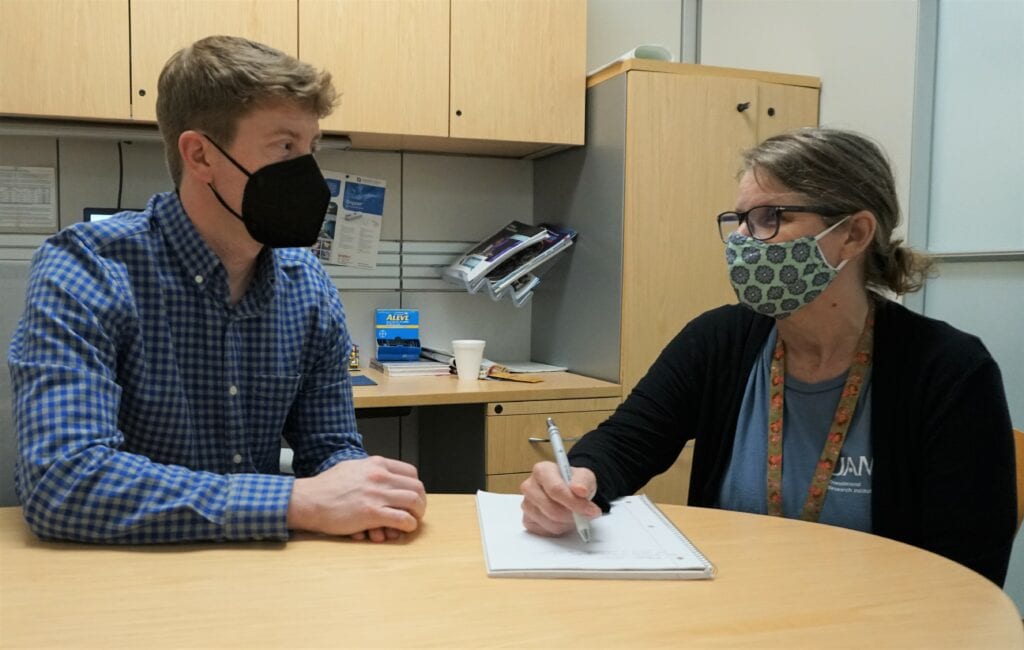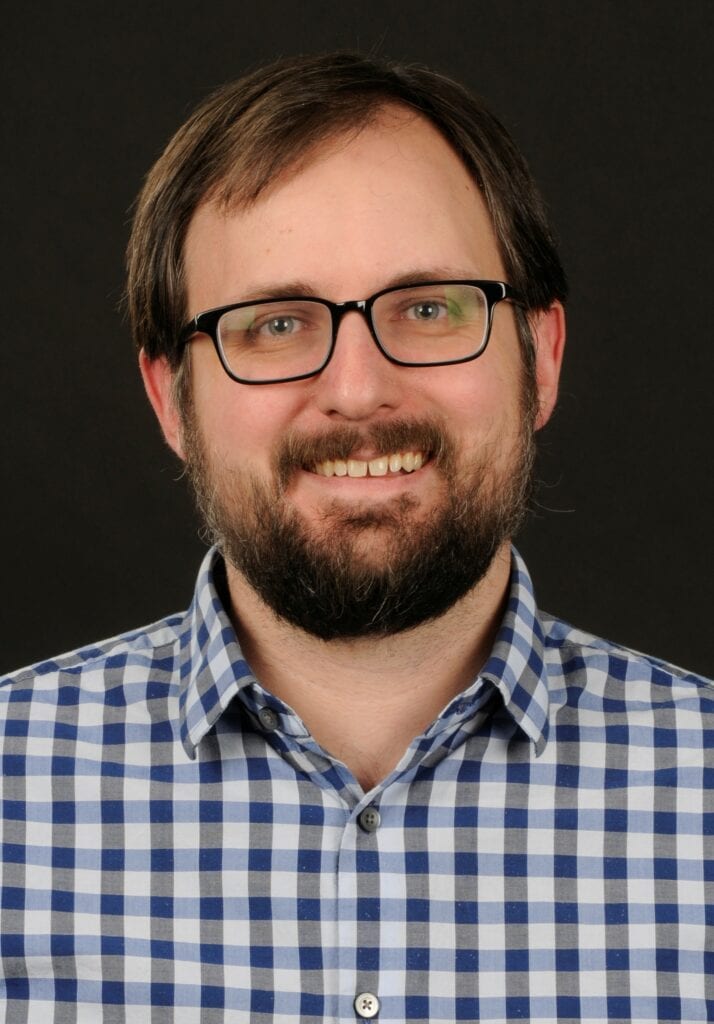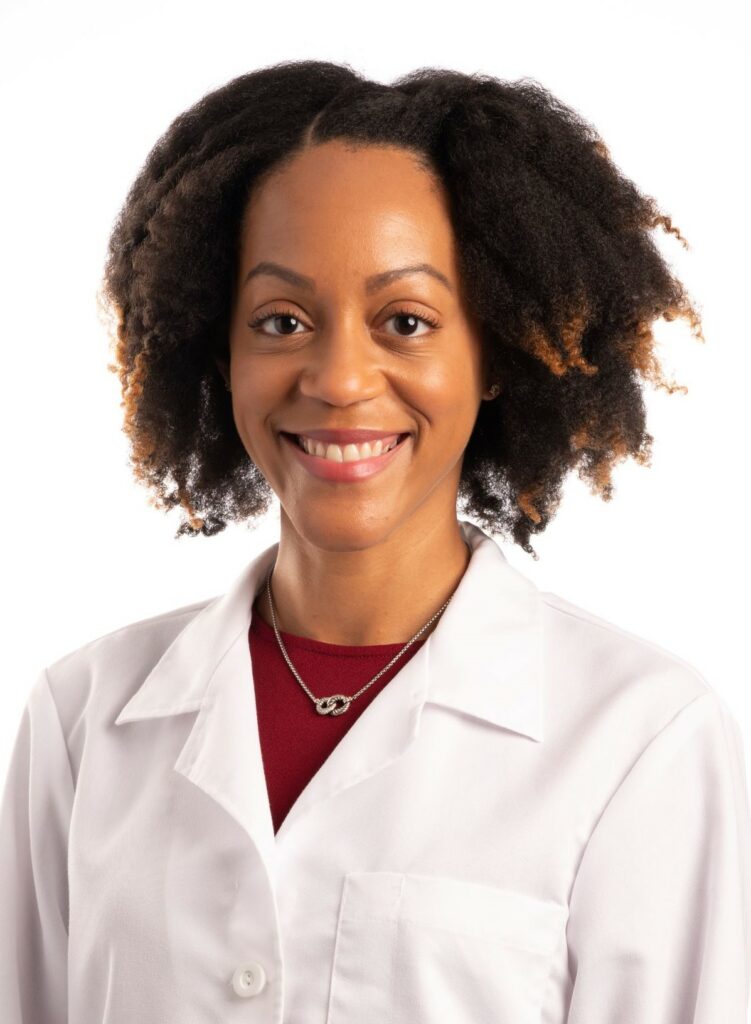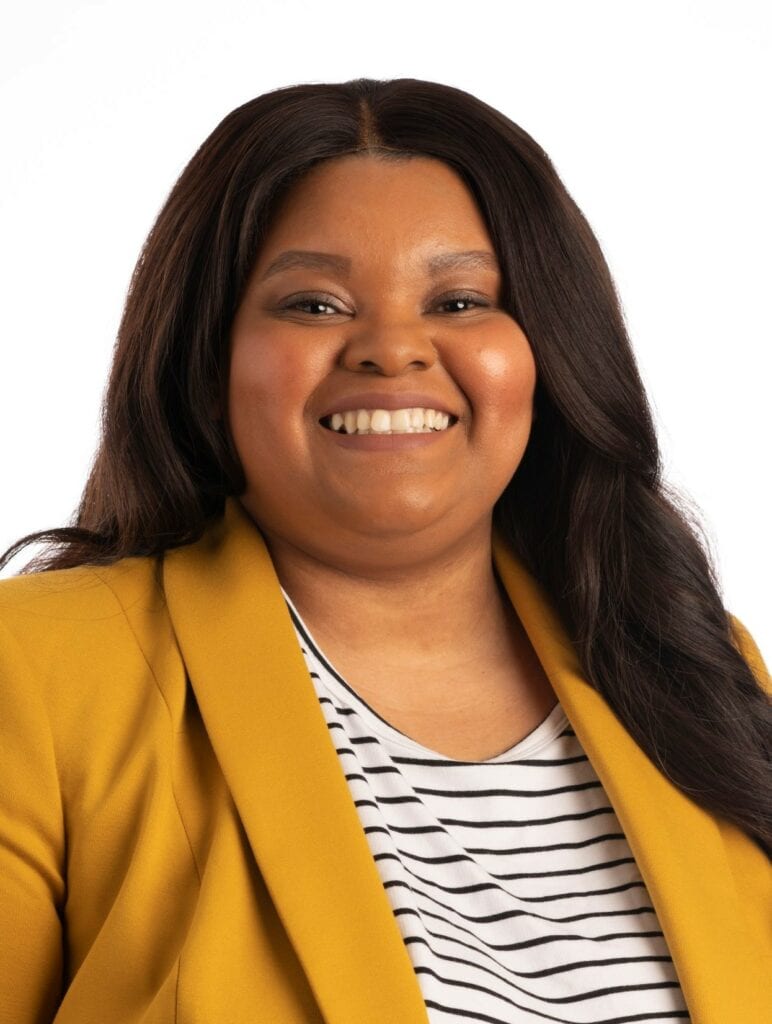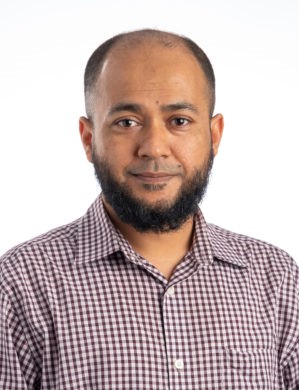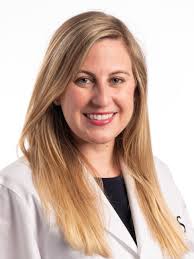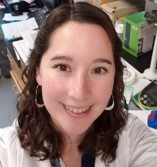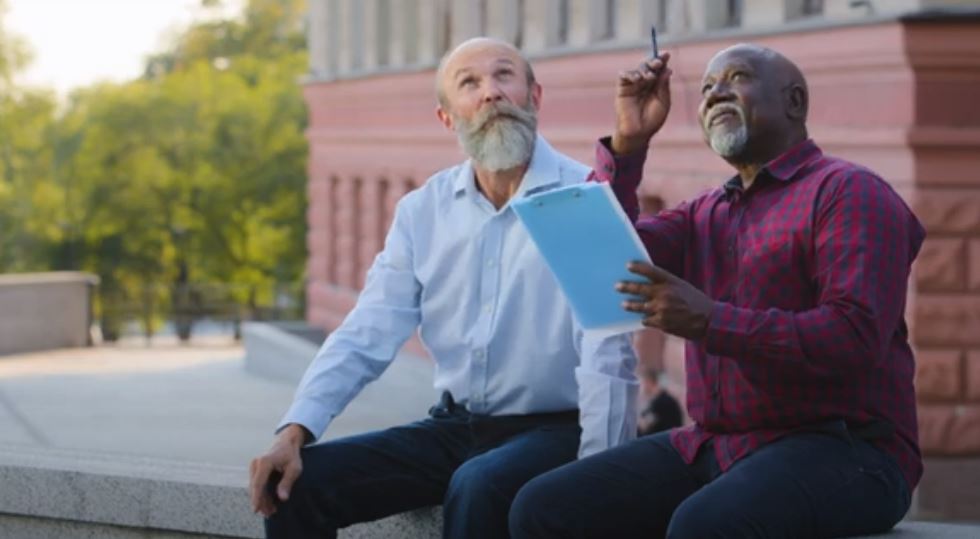All UAMS-affliated researchers are invited to the 2022 Research Expo on Wednesday, Sept. 21, 4:30 – 6:30 p.m., in the Jackson T. Stephens Spine and Neurosciences Institute building, 12th floor.
Sponsored by the Translational Research Institute and the Division of Research and Innovation, the expo will feature more than 35 institutional research services and resources, including from UAMS, Arkansas Children’s and the Central Arkansas Veterans Healthcare System.
Drop by to talk to representatives of each of the service areas and have your questions answered. Join your colleagues for this special event and enjoy the food and a chance to win door prizes. You’ll leave with helpful new contacts and information you need to succeed!
Please let us know if you plan to come by providing your name and email here.

